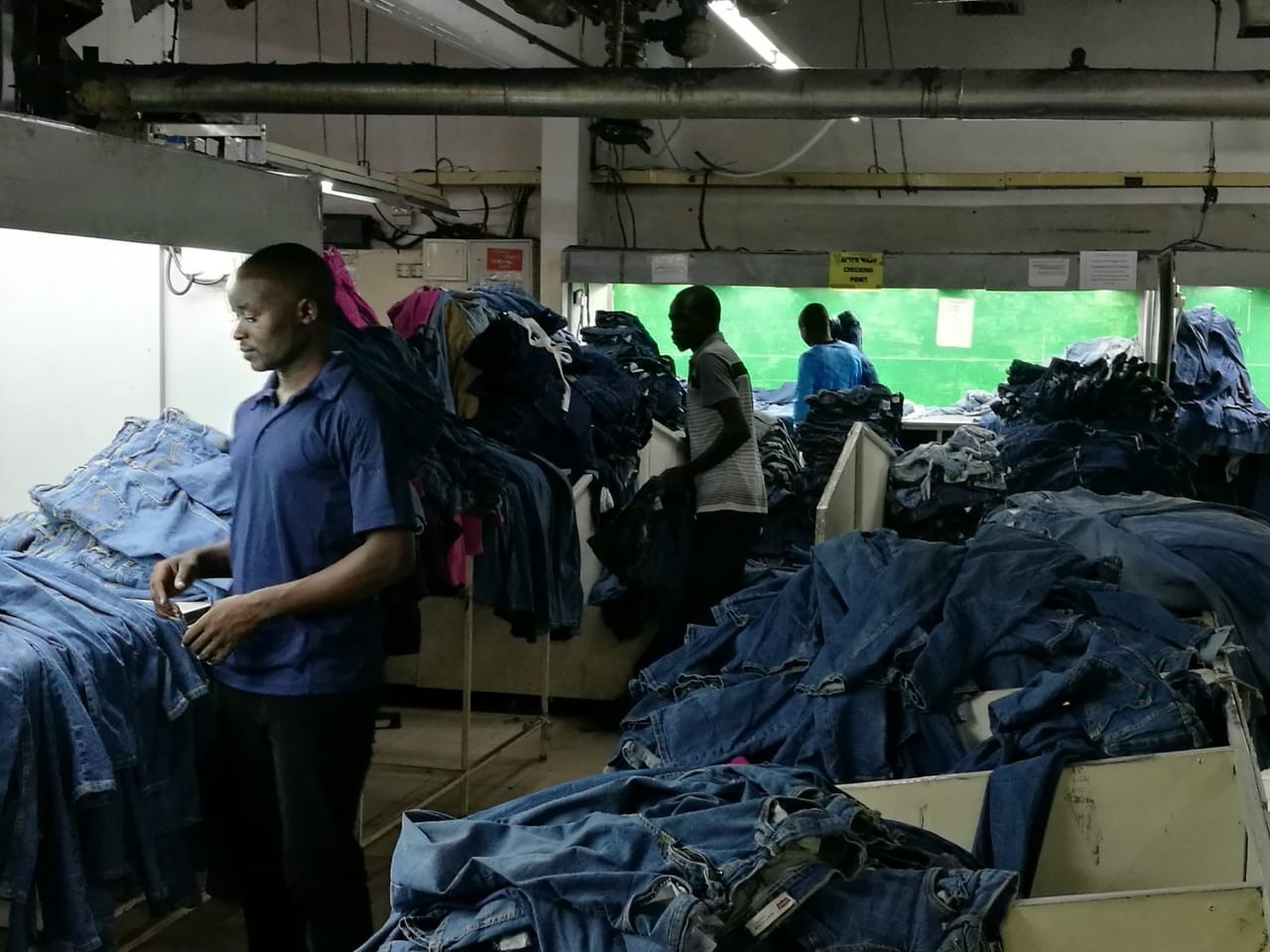1 November, 2018Pregnant workers fired for requesting maternity leave, and those joining unions facing dismissal: these workers’ and human rights violations have led to Hela Intimates being dragged to the Employment and Labour Relations Court in Nairobi.
Hela Intimates, which makes undergarments, sleep and casual wear, has factories in Ethiopia, Kenya, Mexico, and Sri Lanka, supplies global brands in Europe and the US including Victoria Secrets and PVH, which owns Calvin Klein, Tommy Hilfiger and a number of other brands. In Kenya it employs over 2,500 workers at its factory in the Athi River Export Processing Zone in Nairobi.
Rather than assuming responsibility for the collective bargaining agreements signed by Alltex EPZ, the company it acquired, Hela is insisting on signing a new agreement. The company is pays a minimum wage of 12,000 Kenya Shillings (US$116) per month instead of 14,000 (US$136) for machine operators, as per government gazette.
IndustriALL Global Union affiliate, the Tailors and Textile Workers Union (TTWU), has taken the legal route to deal with the employer’s unlawful and unfair labour practices. These practices intimidate workers and make it difficult for unions to recruit members. Further, union organizers find it hard to access the factories because of the hostility from the employer. Hela Intimates’ behaviour is in violation of Kenyan workers’ rights and freedom of association as protected by the Labour Relations Act.
Says Joel Chebii, general secretary of the TTWU:
“We have gone to the police station on countless occasions to have our members released from custody. Their crime is that they joined a trade union. This is an injustice that we will continue to fight. The employer is doing this to silence demands for better wages.”
Says Christina Hajagos-Clausen, IndustriALL director for the textile and garment industry:
“Global garment manufacturers should lead by example and not trample on workers’ rights. We call upon Hela Intimates to respect trade union organizational rights, freedom of association, and to pay living wages.”
Kenya’s industrialization policies identify the labour-intensive textile and garment sector as an important driver of economic development and job creation. According to the Kenya Association of Manufacturers, the sector creates more jobs for the youth. For instance, 17 garment manufacturers in the export processing zones employ 52,000 workers while over 40,000 small-scale farmers grow cotton, with thousands other jobs found along the value chain.
Kenyan cabinet secretary Adan Mohamed visited the factory in March
Hela Intimates EPZ Ltd. has experienced rapid growth, with sales of Kshs.150 million since opening 6 months ago pic.twitter.com/4UT6ItzLfz
— CS Adan Mohamed (@AdanMohamedCS) March 24, 2017
